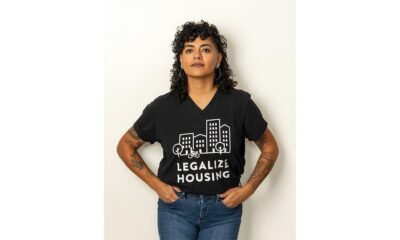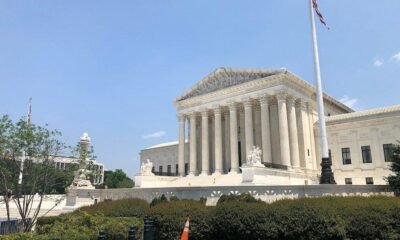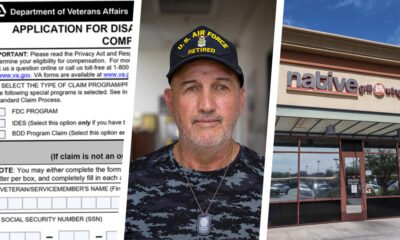Business
D.C. Circuit Deals Blow to TikTok’s Last-Ditch Ban Appeal

A D.C. Circuit panel has denied TikTok’s request for an emergency injunction against an impending ban, prompting the company to prepare for an appeal to the Supreme Court. This decision arrives less than five weeks before the ban is set to take effect, following the D.C. Circuit’s recent ruling that affirmed the constitutionality of the bipartisan Protecting Americans from Foreign Adversary Controlled Applications Act.
The panel’s two-page per curiam order stated that TikTok failed to present any precedent for a court to block an act of Congress after having dismissed a constitutional challenge. Arguments presented by TikTok emphasized the urgency of an injunction, claiming it would ensure the Supreme Court has adequate time to address First Amendment concerns affecting nearly 170 million American users.
TikTok’s spokesperson reiterated the company’s commitment to seeking Supreme Court intervention. “The voices of over 170 million Americans here in the US and around the world will be silenced on Jan. 19, 2025, unless the TikTok ban is halted,” they stated.
In its response, the Justice Department underscored the need for congressional acts to remain intact while judicial reviews are underway, calling such injunctions unprecedented. The department highlighted that the congressional acts carry a presumption of constitutionality that should not be undermined without significant cause.
The D.C. Circuit panel acknowledged a specified 270-day period for TikTok to divest from its Chinese parent company, ByteDance, as established by both Congress and President Biden. The act permits a one-time 90-day extension only if progress is made towards an approved divestiture.
U.S. Circuit Judges Donald Ginsburg and Neomi Rao upheld the federal statute under “strict scrutiny,” a rigorous standard for evaluating First Amendment claims. However, Chief U.S. Circuit Judge Sri Srinivasan suggested the case warranted a lighter scrutiny standard. The panel concluded that an interim injunction was not justified given the timeline for further Supreme Court deliberations.
Should the Supreme Court decline to intervene, TikTok may seek assistance from President Trump, who indicated in September a desire to protect the platform after assuming office on January 20. This represents a potential reversal from his previous efforts to mandate TikTok’s divestiture during his first term.
While Trump has not issued a statement regarding the D.C. Circuit’s decision, individuals within his potential cabinet, including Secretary of State-nominee Marco Rubio, have expressed support for the ban citing national security concerns. TikTok has filed a lawsuit against the ban, asserting it as a severe infringement on free speech rights, a position echoed by a coalition of content creators concerned about the impact on their livelihoods. This legal battle follows the passing of a comprehensive foreign-aid package, incorporating significant funding for Ukraine, Israel, and Taiwan alongside the act that prompted the TikTok ban.


















